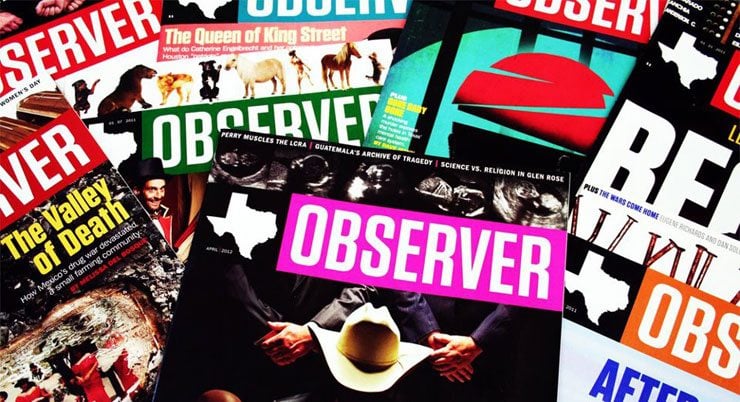
Texas should stand tall for equality
- Select a language for the TTS:
- UK English Female
- UK English Male
- US English Female
- US English Male
- Australian Female
- Australian Male
- Language selected: (auto detect) - EN
Play all audios:
Marriage equality for lesbian and gay Americans is almost decided as a matter of national policy. Thirty-six states have it, and given recent remarks by Justice Clarence Thomas it’s hard to
imagine that lesbian and gay Texans won’t be able to marry here this summer. Unfortunately, a crowd with small minds and hateful hearts is working to keep lesbian and gay couples from being
fully franchised in our state. They often claim their right to religious expression should allow them to ignore legal marriages and to discriminate against lesbian and gay people in public
accommodations. It’s a tired idea whose day passed long ago. One of the great scenes in American film comes at the end of the 1956 epic _Giant_, when Leslie Benedict (Liz Taylor) tells her
husband Jordan (Rock Hudson) that he never looked as tall to her as he did flat on his back on the floor of Sarge’s diner. Earlier, on their way back to Reata, Sarge whipped Jordan in front
of his family, but Jordan finally became “giant” in the eyes of the woman he worked the whole film to impress by squaring off against the bigoted chef who called his Mexican-American
grandson “papoose” and refused to apologize. It’s a cinematic clash choreographed to “The Yellow Rose of Texas” that ends with Sarge dropping a sign on Jordan’s chest with an old racist saw:
“We reserve the right to refuse service to anyone.” The hate behind that sign haunted this country for much of the twentieth century until a president from Texas (Lyndon Johnson) and a
bipartisan Congressional majority ended discrimination in public accommodations with Title II of the Civil Rights Act. We decided 50 years ago that you don’t have the right to offer services
to the public then selectively discriminate against it. You can’t open a laundry and refuse to wash Jews’ shirts. You can’t open a diner and refuse to seat Latinos. That’s the law, and we
are better for it. Lesbian and gay citizens are not directly protected by the public accommodations act, but the intent is there. Thirty states extend public accommodation protections to gay
and lesbian citizens. Texans should remember our history and stand tall in the tradition of a former president from this state who understood constitutional liberties and their implications
in a pluralistic society, and who fought demagogues whose only goal was to perpetuate their careers by pitting one group of Texans against another.